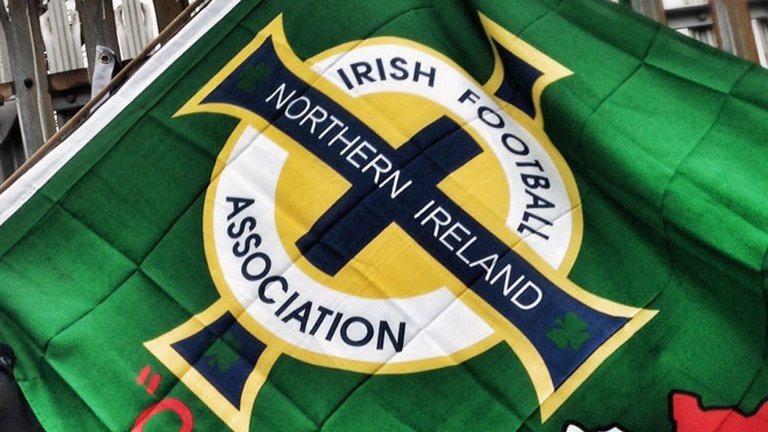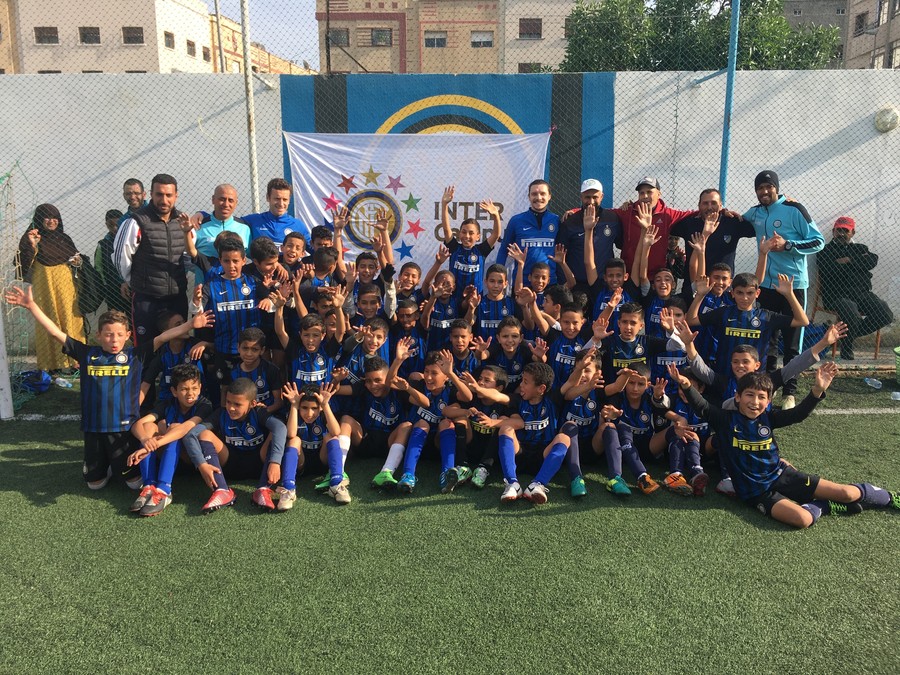Education schemes for coaches from a gender perspective
The research conducted by the European Commission consists of a mapping and analysis study focusing on sports coaching education schemes from a gender perspective.
The broad aims of the research are as follows:
Evaluate existing (formal and non-formal) training and education schemes for coaches in view of their accessibility for women and identify situations that promote equality and equal treatment in coach education, including gender specific requirements, conditions for women and men as professional and voluntary coaches.
Evaluate their training elements/educational modules on gender equality (if they exist and indicate where they don’t). Through the mapping review, identify good practices with regards to accessibility for women and gender equality modules. The research was undertaken in two stages. The first stage consisted of a mapping review to identify programmes of interest. The review was guided by a typology of education programmes with a gender element that was developed through an initial scoping stage (box overleaf).
The typology has potential to inform debates on the development of gender mainstreaming in coach education. The review aimed to be as comprehensive as possible within the tight timeframe and resources for the study, both in terms of Member State coverage and types of programmes covered. In order to inform the mapping review, the research team conducted consultations with relevant experts and stakeholders. The consultations helped to narrow the focus of the search as well as signpost the research team to the most relevant sources of interest. Through the mapping review, programmes with good practice potential were identified for more in-depth examination.
Key findings
The mapping review indicates that the most common type of approach aimed at promoting equality in coach education is women-only courses. This approach appears to work well in increasing levels of attendance amongst women and allowing women to overcome initial self-confidence issues. The case studies suggest that women-only courses have worked well where the numbers of women coaches are starting from a low base and where there is a particular perception that coaching is a male–dominated profession. However some federations prefer a quota-based approach as it is regarded as more beneficial for women to take part in mixed programmes as they progress (while ensuring that a certain proportion of places are allocated to women). The mapping review has revealed very few examples of programmes which explicitly seek to provide more accessible education activities for women through more flexible timetabling or childcare facilities. A more common approach in improving accessibility is through the involvement of women tutors and coach developers. The research suggests that the development of gender equality modules has the potential to support female coaches in their experiences of coaching as they prepare women to deal with issues of discrimination in the workplace. They also allow for men to have a better understanding of what the key issues surrounding discrimination are. The case studies indicated however that further development work is needed to embed such approaches in mainstream coaching education.
Download Document
Irish FA Youth Football Strategy – Summary Document 2021/25
Football is Northern Ireland’s most played sport with around 50,000 young people participating regularly (Hargie et al., 2015; DCAL, 2009). The Irish ...
Download Document
Protected: Inter Campus and The Right to Play, 10th EFDN Conference
There is no excerpt because this is a protected post.

